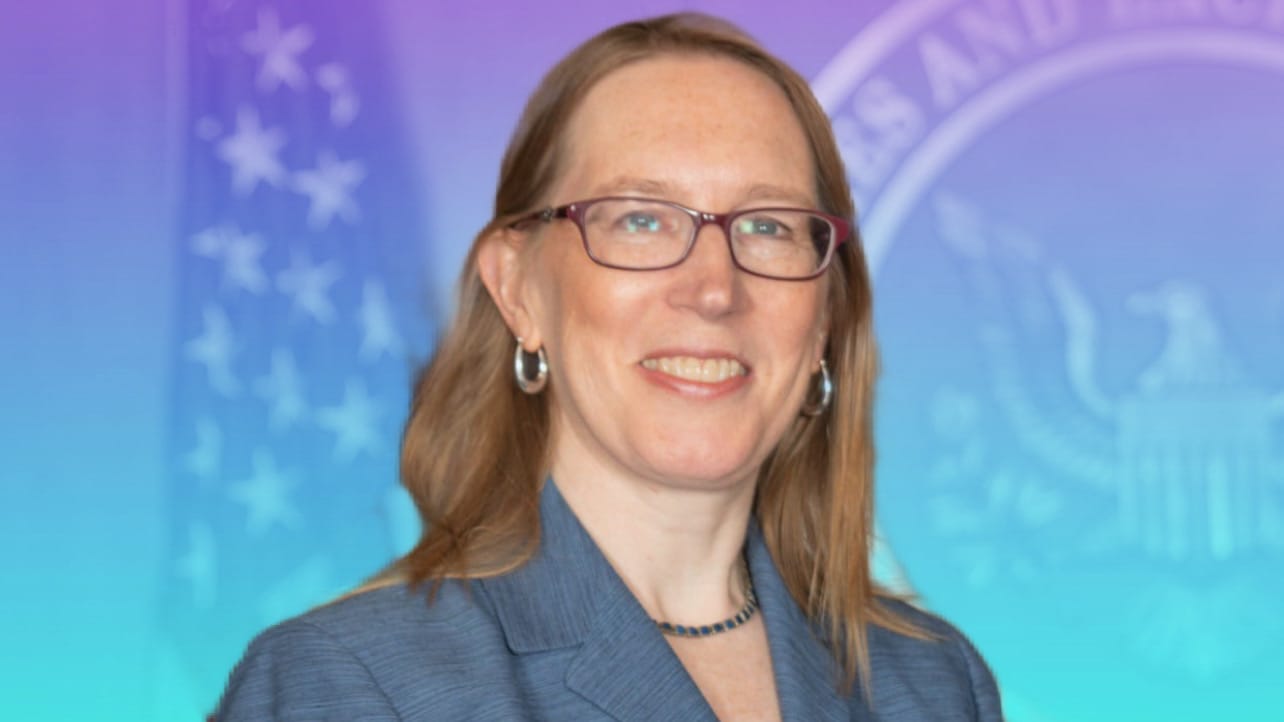SEC Commissioner Hester Peirce Champions Financial Privacy and Crypto Self-Custody

U.S. Securities and Exchange Commissioner Hester Peirce, delivered a compelling defense of financial privacy and cryptocurrency self-custody during a speech at the Science of Blockchain Conference on Monday. Addressing an audience of technologists and industry leaders, the Republican commissioner urged the government to prioritize individual privacy rights and embrace technologies that enable disintermediated financial systems. Her remarks come at a time when regulatory scrutiny of cryptocurrencies is intensifying, highlighted by recent White House recommendations and the ongoing trial of Tornado Cash co-founder Roman Storm. Peirce’s speech emphasized the importance of safeguarding personal freedoms in an era of increasing digital surveillance.
Peirce invoked the Fourth Amendment, which protects against unreasonable government searches, to underscore the need for privacy in financial transactions. She argued that technologies like cryptography, zero-knowledge proofs, and public blockchains such as Bitcoin allow individuals to transfer value privately, much like physical cash transactions in the past. The commissioner criticized the reliance on the third-party doctrine, which permits government access to data held by intermediaries without a warrant, calling it outdated in the context of modern digital systems. Her stance aligns with growing calls to reform financial surveillance laws, such as the Bank Secrecy Act, which she described as a “sledgehammer” approach that often burdens innocent individuals and businesses.
Stay In The Loop and Never Miss Important Crypto News
Sign up and be the first to know when we publishRegulatory Context and Privacy Challenges
The commissioner’s remarks follow the release of a 168-page White House report outlining crypto regulation recommendations, with the SEC announcing “Project Crypto” to update rules on cryptocurrency distribution, custody, and trading. Peirce highlighted the potential of decentralized technologies to replace traditional intermediaries, such as banks and social media platforms, with transparent, permissionless systems. She argued that these innovations could reduce the need for regulatory oversight by inherently mitigating risks like asset mismanagement. However, she cautioned that fears of disintermediation often lead to restrictive policies that undermine individual liberties.
Peirce also addressed the ongoing trial of Roman Storm, charged with money laundering and sanctions violations related to Tornado Cash, a crypto mixer allegedly used by the North Korean hacker Lazarus group. The case has sparked debate about the balance between privacy and law enforcement, with Peirce advocating for the right to use privacy-preserving tools without undue government interference. She emphasized that while protecting national security is critical, restricting technologies that enable financial privacy is not the solution. Instead, she called for policies that allow Americans to use blockchain technologies freely for lawful purposes, including self-custody of digital assets.
The commissioner pointed to the historical example of cryptography in the 1990s, when advocates successfully fought for public access to encryption tools, enabling secure online communication and commerce. She drew parallels to today’s crypto landscape, urging regulators to avoid stifling innovation by imposing unnecessary intermediaries or surveillance requirements. Peirce also critiqued the SEC’s Consolidated Audit Trail program, which collects detailed trading data, arguing it exemplifies excessive surveillance that erodes investor privacy. Her call for reform resonates with broader concerns about the cost and efficacy of current financial monitoring systems.
Peirce’s speech reflects a growing tension between regulatory oversight and individual privacy in the digital age. By championing self-custody and privacy-focused technologies, she positions herself as a vocal advocate for balancing security with personal freedom. As the crypto industry awaits further regulatory clarity, her remarks signal a push for policies that respect constitutional protections while fostering innovation. The outcome of cases like Storm’s and the direction of initiatives like Project Crypto will likely shape the future of financial privacy in the United States.

